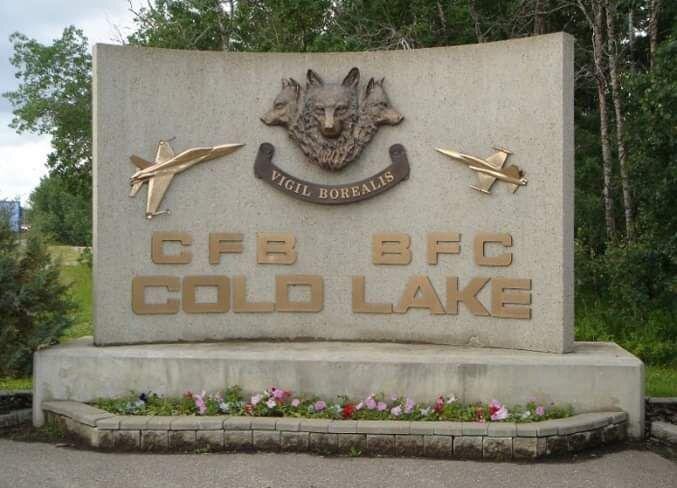Written By Wyatt Claypool, Posted on December 9, 2019

Craig Copland, mayor for Cold Lake, Alberta, since 2007, gave an interview to The National Telegraph to discuss the economy and the military installations of the city.
On Cold Lake’s slipping economy, Mayor Copland relayed that “I think the biggest thing you notice is just that we’re in year five of a recession, and where it’s affected people the most is the value of their homes or businesses and so, especially when it comes to real estate…everybody for sure in Cold Lake, if they bought a home before 2014, has seen at least a $100,000 loss of value and that really impacts a lot of people in there in their equity position.”
Mayor Copland went onto mention that many living closes outside of Cold Lake have actually moved in due to slumping rental costs. Of course not only does the severe loss in a home and business value hurt residents’ financial situations, but also their ability to move, as there is little demand for property, and the money from the sale would make it difficult to afford a home in a larger city.
Copland also makes the point that Cold Lake is hurting in other ways due to the recession, not just in the oil and gas business. He mentioned that the hospitality sector had taken one of the biggest hits stating that, “Cold lake was the bedroom community for the oil patch … hotels and the restaurants really took it on the chin, especially the hotels, they were once totally full back in 2013 and now virtually no, [only] 10 to 20 percent occupancy some days.”
One lesser-known asset to Cold Lake that is at threat due to the downturn of the oil market and unfriendly regulations has been the 4 Wing Canadian Forces Base (CFB) for the airforce.
Mayor Copland explained the community’s relationship with the base was vital, as “[the 4 Wing] Air Force base is part of our community. [We] have 700 homes over there. And of course [around] 2,200 people go to work there every day, and they’re embedded in our community also they’re buying houses are renting apartments. So it’s been able to put a floor in [Cold Lake] because they’re spending over $200 million a year in the economy.”
If Cold Lake becomes an unattractive economic area to live in or around Copland admitted that “whatever happens in Coal Lake, or whatever we do as a council, really affects the Wing commander’s ability to attract men and women that want to want to live and work here.”
Despite the federal government maintaining the air force base, and even buying new jets and fixing up the tarmac and hangers, it will hurt the Cold Lake economy if the city is perceived to be dying. It will be harder to get members of the military and airforce to want to move into the area which not only affects Cold Lake but may affect the federal government’s continued maintenance of a large CFB air force base nearby in the long-run.
Although Mayor Copland reassured that residents can look forward to better times as the currently planned expansions and renovations will deliver some needed investments in Cold Lake.
“We expect to get a big lift, starting probably [around] late fall of next year. You will start to see this sort of bubbling up, and then we’ve got a big natural gas pipeline that’s also going to be built south of our city.” Copland said. “We are pretty excited about that. And I think the little light at the end of the tunnel right now is if we can see an actual construction [get started] on the Trans Mountain pipeline.”
At this point, residents of Cold Lake may have a good reason not to be happy with the current state of the economy but can be hopeful that if just one pipeline project gets approved and construction starts the city may find itself returning to better times quite quickly.
Craig Copland Mayor of Cold Lake, Alberta
Wyatt is a student at Mount Royal University, where he is the president of its Campus Conservative club. In his writing, he focuses on covering provincial and federal politics, firearms regulation, and the energy sector. Wyatt has also previously written for The Post Millennial.
Very well presented. Every quote was awesome and thanks for sharing the content. Keep sharing and keep motivating others.